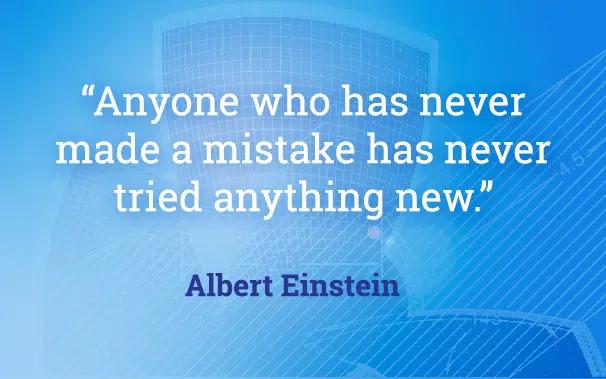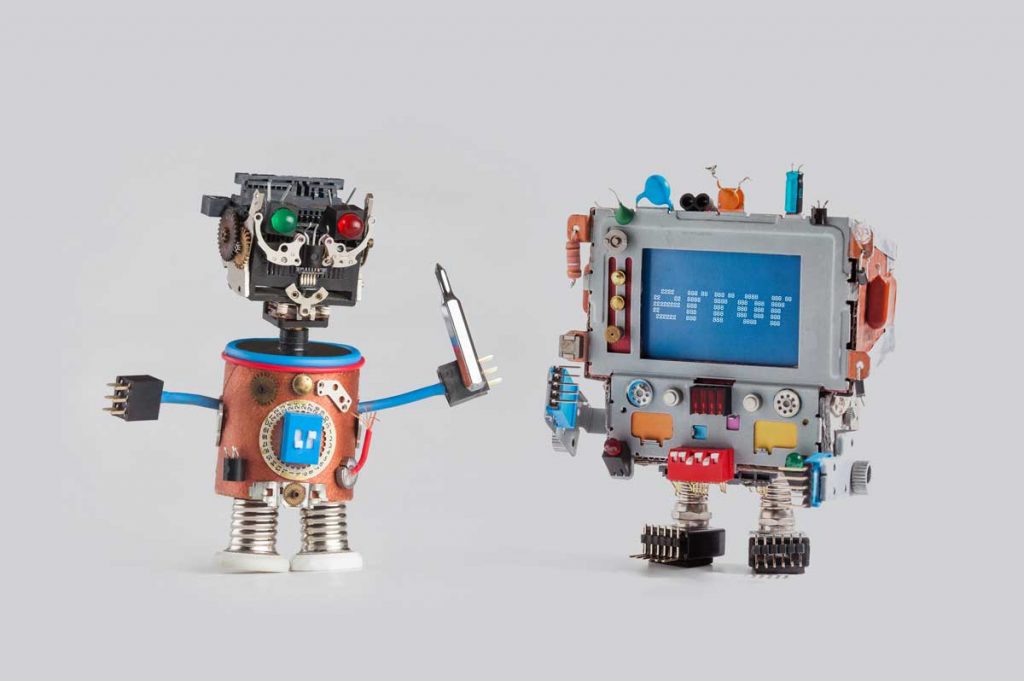 And how 3D printing can help STEAM students to learn from their mistakes.
And how 3D printing can help STEAM students to learn from their mistakes.
Persistence. Resilience. Flexibility.
These are the current buzzwords in education, and they particularly complement the STEAM education model. Fact based learning and leading students to the “right” answer was the mainstream model of the year’s past. Let’s face it, children today are growing up in the Google era where facts are at their fingertips. While learning to find a correct answer backed up by cut and dry facts certainly has an important place in
When schools free up the stigma of getting the answer “wrong” they encourage a growth mindset in students, encouraging them to reach out, question, and find the answers. This permission to fail needs to be a key component in our national education system in order to encourage future innovators and problem solvers. Albert Einstein famously said, “Anyone who has never made a mistake has never tried anything new.” A modern advocate of failure, inventor James Dyson noted “I made 5,127 prototypes of my vacuum before I got it right. There were 5,126 failures. But I learned from each one. That’s how I came up with a solution. So I don’t mind failure.”
As our country strives to more strength as a leader in innovation & industry, we need to foster a similar motto within our schools as those STEM exemplars had. An axiom that drives innovative thinking and persistence in our future workforce.
STEAM Programs & Makerspaces Encouraging Innovative Thinking in Classroom
Thankfully, through STEAM initiatives and grants schools nationwide are being encouraged to equip the classrooms of even our youngest kids with technology that exposes them to the design & manufacturing process. 3D printers can be used to take students ideas and actualize them in a way that was until recently never feasible. In industry, iteration and failed attempts are accepted parts of the process of design and method improvement. Students need to be taught that this is natural and acceptable part of life and work – accepting failure, learning from it, and moving on towards improvement.
At this year’s AET Lab’s 3rd annual Extreme Redesign 3D Challenge: New England Semi Finals we are celebrating & awarding students who “love to fail.” Cohosted by GrabCAD, and based on their worldwide 3D design challenge, this event honors New England secondary school students who strive to “Make it Better.” Fledgling engineers and designers are challenged to take an existing product and improve it using 3D printing. The winner this year will take home their own MakerBot 3D printer!
Our featured speaker last year, Steve Chomyszak, is a faculty member at Wentworth Institute of Technology and key contributor to the development of Stratasys’ Global 3D Printing Curriculum. His presentation on “Project-Based Learning with 3D Printing” highlighted the need to encourage failure and persistence in today’s STEM students.
He explained why 3D printing is a featured piece in the equation to teaching students this skill. “3D printing encourages you to screw up and have fun doing it. Iteration is at your fingertips, and iteration is good for learning,” said Chomyszak during his presentation to students. “Don’t be afraid of failure. You learn more from getting things wrong than from always doing things right.” We are looking forward to seeing the innovative designs persistent students come up with for this year’s challenge.
New England educators are invited to register to attend our 2017 event which will also feature the 2017 Digital Fabrication Technologies Showcase including the regional education debut of the Stratasys F123 Series. This year we’re pleased to have Tasker Smith, Technical Instructor at MIT’s Pappalardo Undergraduate Laboratories as our keynote speaker. He’ll speak on his work abe giving the engaging presentation: “Digital Fabrication and the Quest for Maker Mastery.” Hope to see you there!


